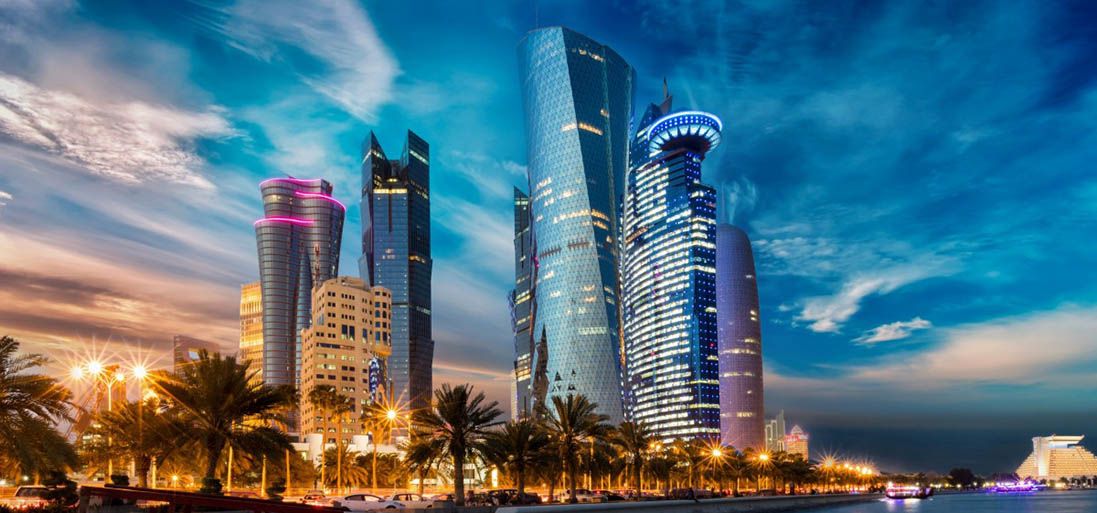The Qatar Investment Authority (QIA) has distinguished between blockchain know-how and digital currencies. Mansoor bin Ebrahim Al-Mahmoud, CEO of the Qatar sovereign wealth fund, delighted with investing in blockchain know-how, and not in digital currencies.
He made this comment while talking about QIA's position on financial diversification at the Qatar Economic Forum in Doha.
“Our employees in the know-how house are exploring alternatives within the blockchain. This is the house that we care about, not the foreign money itself,” he said in an interview.
QIA is the fifteenth largest sovereign wealth fund in the world, which manages assets worth more than $300 billion. Along with exploring financing alternatives within the blockchain house, Al-Mahmoud states that QIA may try to increase its portfolio through investments in Africa, Europe and the automotive sector.
His claim of blockchain know-how is consistent with comments made by the governor of Qatar's Central Financial Institution (QCB) His Excellency Sheikh Bandar bin Mohammed bin Saoud Al Thani throughout a similar event. Qatar believes that blockchain know-how has quite a lot of potential to assist the country in implementing digital transformation.
The ruler also called digital currencies dangerous, saying at the same time that the central financial institution is at the initial stage of studying digital foreign money of the central financial institutions (CBDC).
Qatar is not the only central-eastern country seeking to invest in blockchain technology. Other countries, along with Oman and the United Arab Emirates (UAE), have also made important strides along this path.
Earlier this month, Oman's Sovereign Wealth Fund announced funding for Crusoe Power Programs Inc., a U.S.-based mining company that uses clean gasoline to generate electricity.
Part of the deal is that the corporation organizes a store on the territory of the Sultanate. This operation will help the country reduce its contribution to flaring gasoline.
Similarly, the UAE has a number of initiatives aimed at expanding the introduction of blockchain know-how into its management in accordance with its ambiguous goal of placing 50% of its government operations on the network.
The Emirate of Dubai is growing rapidly, becoming a hotbed of digital property corporations for the reason that the introduction of its licensing laws. Various Emirati states, as well as Abu Dhabi, are further improving in ensuring the readability of regulatory documents.






